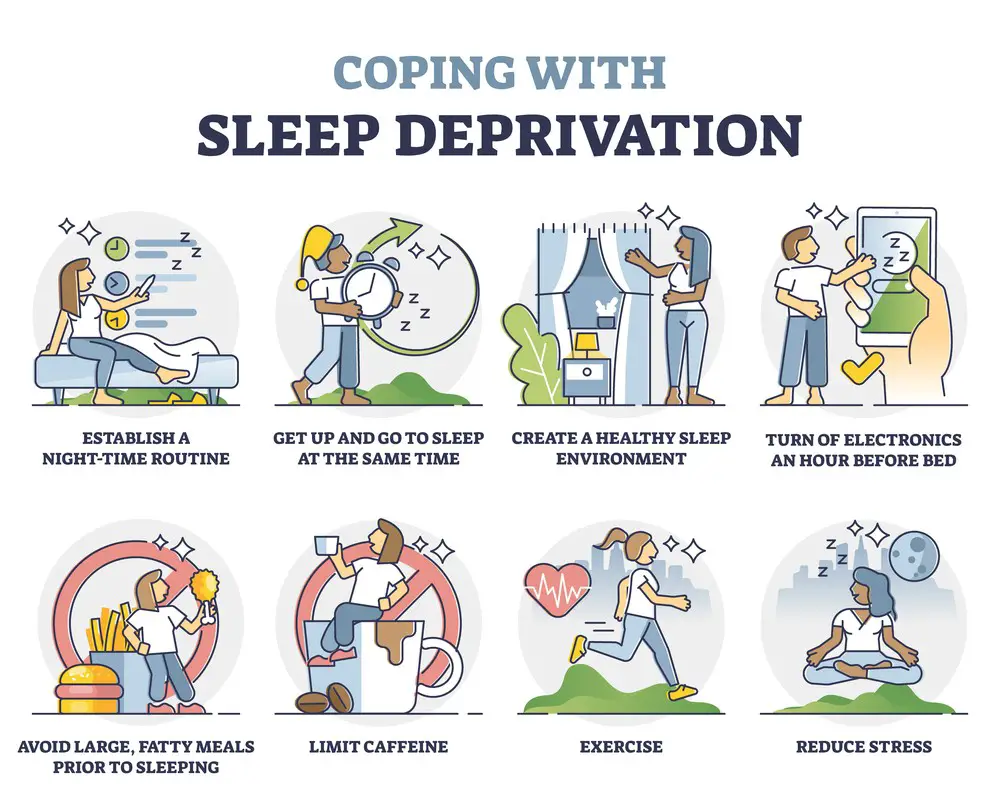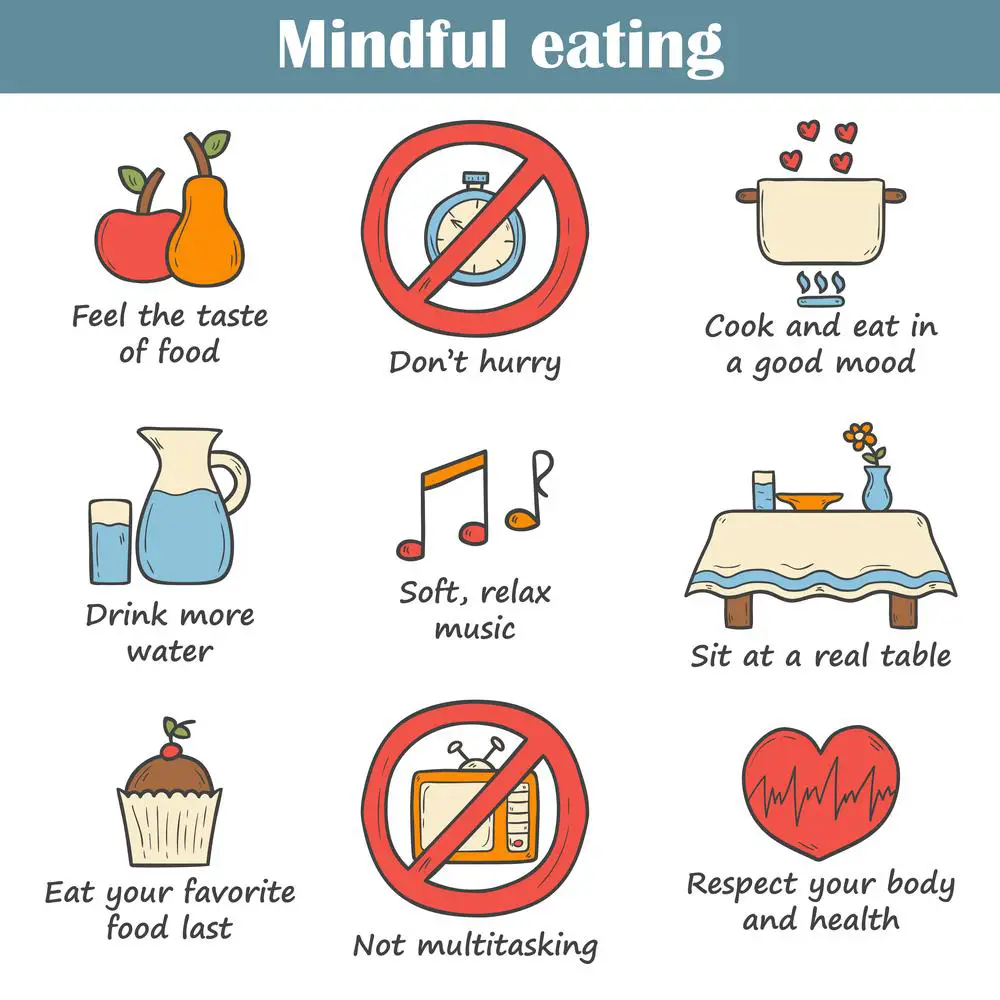As a BetterHelp affiliate, we receive compensation from BetterHelp if you purchase products or services through the links provided
Lacking sleep can physically and mentally affect you. While it may be OK occasionally, a lack of sleep in the long term can lead to severe health conditions that hinder your daily activities. Another consequence of losing sleep is its impact on your body weight. A study on the effects of sleep deprivation noted that a chronic pattern of short sleep duration has been associated with a higher body mass index. Short sleep duration is a significant risk factor for weight gain and obesity, which can contribute to poor health outcomes.
After all, the longer we’re awake, the more likely we will eat. A lack of sleep can also worsen eating habits, encouraging unhealthy patterns like bingeing on calorie-dense foods to compensate for lost energy and late-night snacking. Inversely, what we eat can also lead to poor sleep and a vicious cycle of weight issues. Below, we’ll be exploring how what you eat affects sleep quality and share some tips for improving your eating habits:

The impact of food on sleep
What, how, and when you eat can impact your sleep quality and duration. Eating healthy is crucial for allowing your body to absorb proper nutrients and fuel your daily functions. Additionally, the nutrients you get from food are essential for other minerals and proteins necessary to create the amino acids you need for sleep. Your day-to-day diet and food choices can also impact how your body regulates your circadian rhythm, which can help you fall asleep more quickly and wake up feeling more energized.
Meanwhile, other studies indicate that food-related behaviors like eating patterns and food-specific diets can reprogram your body clock. This essentially puts your body in a different time zone than the master circadian clock in your brain, which can impact how well and how long you sleep.

Tips for improving eating habits
Fortunately, there are ways to mitigate the effects of food on sleep quality. Building healthier dietary habits can help maintain physical health, make you feel better mentally, and improve how well you sleep. Below are some tips to help:
Weight loss programs
You don’t need crazy body or weight goals to sign up for weight loss programs. These programs may prove valuable if you find changing your diet and eating patterns challenging. A healthy weight loss program should promote sustainable weight management by acknowledging your patterns and behaviors. These programs can help provide science-backed insights from experts, including nutrition and behavioral scientists, registered dieticians, clinical researchers, and more.
As a team, they can help you overcome common dietary obstacles and determine which solutions work best for you. Some common problems that weight loss programs can help with include stress-eating and late-night snacking, which can be crucial to improving sleep quality. These programs also typically offer weight loss counseling services, which can be helpful for those seeking guidance and assistance in making sustainable dietary and lifestyle changes.
Plan meals ahead
It’s also important to take the initiative to learn to plan your meals. This will help give you more control over what and when you eat while allowing you to make time and allocate resources for healthier options. By planning your meals ahead of time, you can have backup plans for when you’re out of healthy food in the pantry, rather than settling for easy options such as fast food and takeouts.
Meal planning also ensures you always have your meals ready and spaced out. This helps you eat your meals on time and prevents unhealthy habits like late-night snacking or skipping meals. As much as eating can impact your sleep quality, not eating at all is just as bad and can lead to stomach problems in the long run.

Stress management techniques
Lastly, you should consider checking out stress management advice from our website. By effectively handling feelings of stress and anxiety, you can prevent unhealthy dietary habits like stress-eating or emotional eating. Of course, stress management differs for everyone, so taking the time to learn what works for you and what doesn’t can help you get to the root of the problem.
Finding healthier ways to manage your stress can also help you sleep better in the long term, as you won’t be distracted by your late-night thoughts, and you can go to bed without feeling anxious or emotional.
- 7 Ideas to Help You Relax and Unwind on a Family Vacation - April 27, 2025
- How Having Cybersecurity Protection Helps You Relax - April 25, 2025
- 8 Reasons Why Spending Time Outside Calms You Down - April 25, 2025
This site contains affiliate links to products. We will receive a commission for purchases made through these links.



